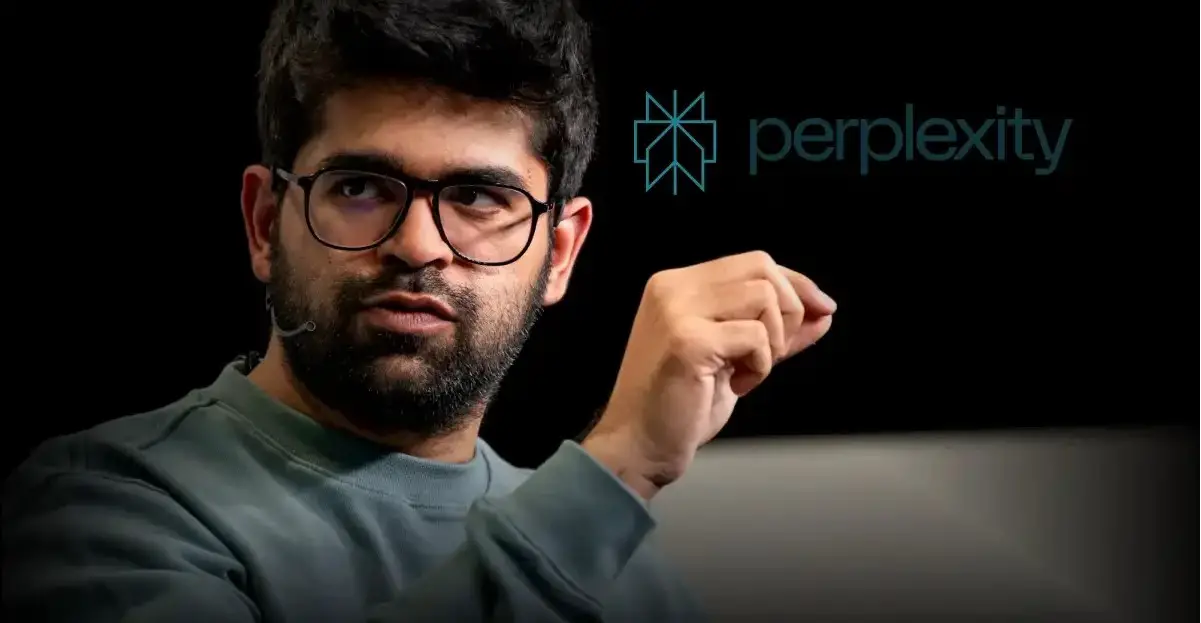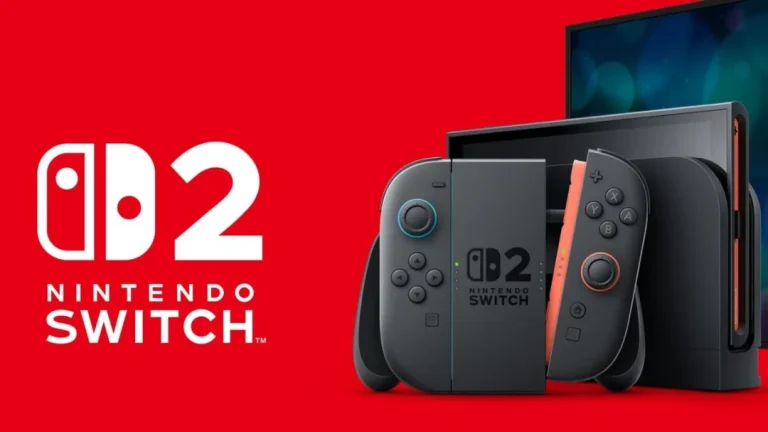
Perplexity, a rising AI-powered search startup, is not just aiming to challenge Google; it’s trying to copy its ad playbook. CEO Aravind Srinivas recently revealed that the company’s upcoming browser, Comet, will track users’ online behavior to build hyper-personalized advertising profiles.
Tracking Beyond the App
Speaking on the TBPN podcast, Srinivas explained that the browser will collect user data beyond Perplexity’s app. The goal is to gain deeper insights into users’ habits, not just their work-related searches.
“We want to get data even outside the app to better understand you,” Srinivas said.
He added that knowing users’ shopping habits, travel plans, and browsing behavior will help the company deliver more relevant ads.
Personalized Ads at a Price
Srinivas believes that users won’t mind this level of tracking if it means seeing ads that matter to them. He hinted that these ads could appear in Perplexity’s “discover feed” in the browser.
While the Comet browser has faced development delays, Srinivas confirmed that it is on track for a May launch. The move mimics Google’s own strategy, where Chrome and Android helped the tech giant become a dominant player in online advertising.
Expanding Through Partnerships
Perplexity is also growing its mobile presence. The company just announced a partnership with Motorola, with plans to pre-install its app on Razr series smartphones. Users will be able to access Perplexity using Moto AI by typing “Ask Perplexity.”
Srinivas also referenced a recent Bloomberg report suggesting ongoing talks with Samsung, though he didn’t officially confirm a deal.
Following Big Tech’s Footsteps
The approach reflects the wider industry trend. Giants like Meta and Apple already use various tools to track user behavior for ad targeting. Meta’s Pixel tool monitors people across the internet, even if they don’t use Facebook or Instagram. Even Apple, despite its privacy-friendly image, tracks user locations to display ads in some apps by default.
But this level of tracking also fuels growing distrust of big tech, especially in the U.S. and Europe.
Ironically, Srinivas revealed these plans just as Google is battling the U.S. Department of Justice, which is accusing the company of monopolistic behavior in search and advertising. Both Perplexity and OpenAI have expressed interest in buying Chrome if Google is forced to sell
Check other interesting news:





